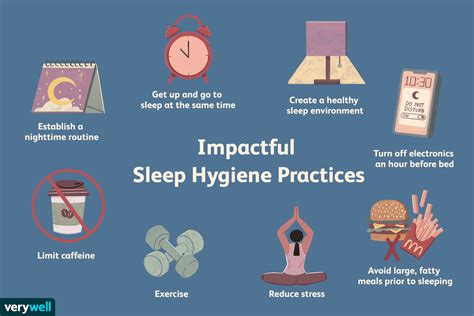Best bedtime routine for consistent deep sleep?
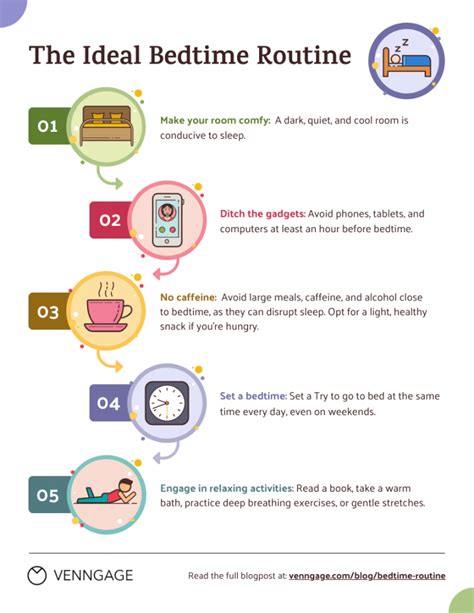
Unlocking the Power of Deep Sleep
In our fast-paced world, consistent deep sleep often feels like an elusive luxury rather than a nightly necessity. Yet, deep sleep is a cornerstone of good health, playing a crucial role in memory consolidation, cellular repair, hormone regulation, and immune system function. Without adequate deep sleep, our physical and mental well-being can suffer, leading to fatigue, poor concentration, mood swings, and even long-term health issues. The good news is that achieving consistent deep sleep isn’t just about luck; it’s largely about establishing and adhering to an effective bedtime routine.
Creating a pre-sleep ritual signals to your body that it’s time to wind down, shifting from an active, alert state to one of rest and repair. This article will guide you through the best practices for building a bedtime routine that promotes deep, restorative sleep night after night.
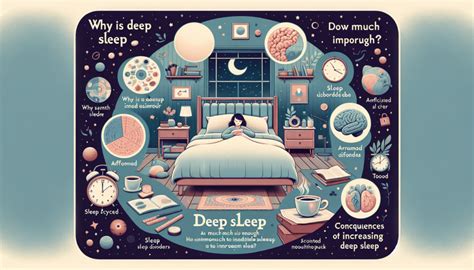
Establishing Your Sleep Sanctuary
Your sleep environment significantly impacts sleep quality. Transforming your bedroom into a ‘sleep sanctuary’ is a critical first step. Aim for a room that is dark, quiet, and cool. Darkness is paramount as it prompts your body to produce melatonin, the sleep hormone. Block out all light sources, including streetlights and electronic device indicators. Consider investing in blackout curtains if necessary.
Noise can be a major disruptor, even if you don’t fully wake up. Use earplugs or a white noise machine if your environment isn’t naturally quiet. The ideal temperature for sleep is typically between 60 and 67 degrees Fahrenheit (15-19 degrees Celsius). A cooler room helps lower your core body temperature, which is essential for initiating and maintaining deep sleep. Ensure your mattress and pillows are comfortable and supportive, as physical discomfort can prevent you from falling and staying asleep.

The Art of the Evening Wind-Down
The hour or two before bed is crucial for preparing your mind and body for sleep. This ‘wind-down’ period should involve calming activities that reduce stimulation. Start by dimming the lights around your home. Exposure to bright light, especially blue light emitted from screens, suppresses melatonin production, making it harder to fall asleep.
Engage in relaxing activities such as reading a physical book, listening to soothing music, practicing gentle stretching or yoga, or meditating. A warm bath or shower can also be incredibly effective, as the subsequent drop in body temperature after leaving the warm water mimics the body’s natural cooling process before sleep. Avoid intense exercise, stressful discussions, or engaging with work-related tasks close to bedtime.
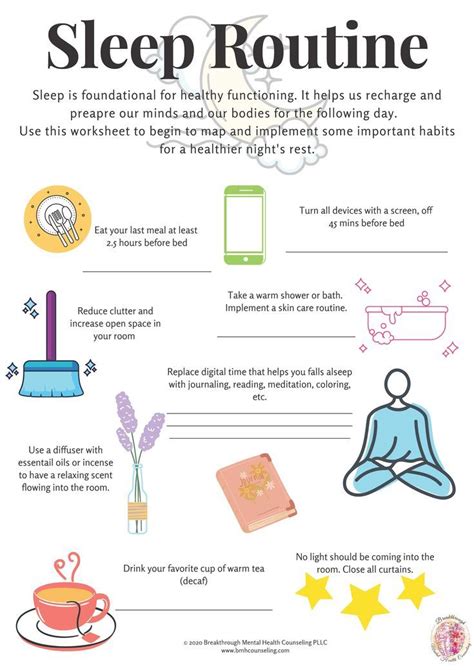
Daytime Habits for Nighttime Success
While the evening routine is vital, your daytime habits also significantly influence your sleep quality. Maintain a consistent sleep schedule, even on weekends. Going to bed and waking up at roughly the same time each day helps regulate your body’s natural circadian rhythm.
Regular physical activity during the day can improve sleep, but timing is key. Avoid strenuous workouts too close to bedtime (typically within 3 hours). Be mindful of your diet: avoid heavy, rich meals late in the evening. Limit caffeine intake, especially in the afternoon and evening, as its effects can linger for hours. Alcohol, while it might initially make you feel drowsy, disrupts sleep cycles and prevents deep sleep, so it’s best to avoid it before bed.
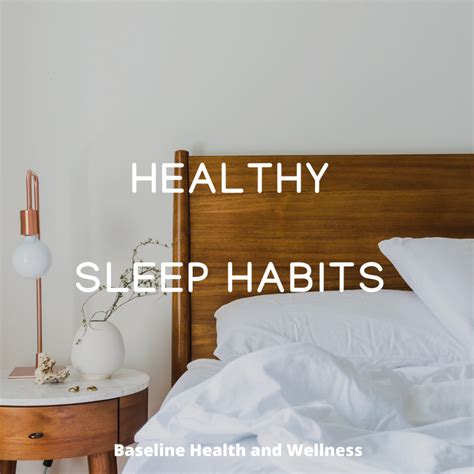
Consistency is Your Sleep Ally
The most powerful component of any effective bedtime routine is consistency. It takes time for your body to adapt to new habits, so stick with your chosen routine for several weeks before evaluating its effectiveness. Small, incremental changes are often more sustainable than drastic overhauls.
If you find yourself struggling with persistent sleep issues despite implementing these strategies, consider consulting a healthcare professional. They can help identify underlying sleep disorders or other health conditions that might be impacting your sleep and offer personalized advice or treatment.
By prioritizing your sleep and diligently following a well-structured bedtime routine, you can significantly improve your chances of experiencing consistent deep sleep, leading to a healthier, more energized, and more productive life.
